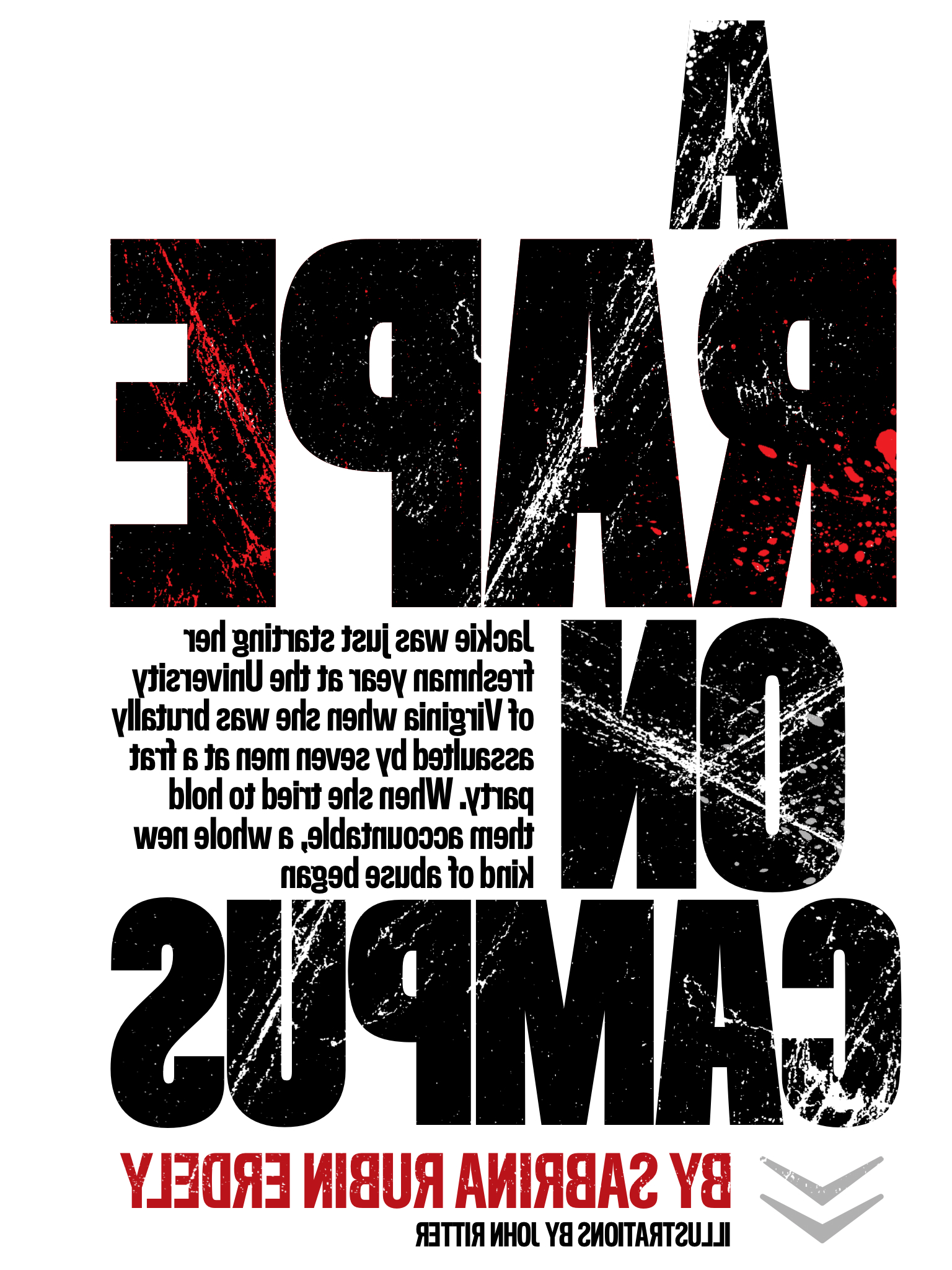If you’re a blogger or journalist and read nothing else this week, make it New York Times story “Paris Attacks Give Rise to Fakes and Misinformation“. The Nov. 16, 2015 postmortem shows why, why, why I constantly harp about responsible sourcing. The Internet is not a reliable news source. You must corroborate and should, never, never, never second source anything you can’t confirm independently, or, in the case of breaking events, you can trust reliably.
I’ve been bitching on this blog since posting, in May 2010, “The Difference Between Blogging and Journalism“; September 2011 followup: “Single Sourcing is the Source of News Evil“. Or you can refer to the chapter on sourcing from my ebook Responsible Reporting: A Field Guide for Bloggers, Journalists, and Other Online News Gatherers.










